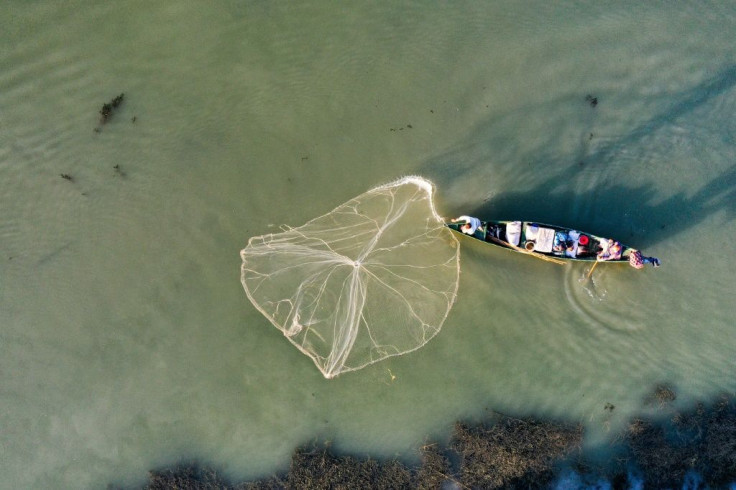Hurricane Ian: Florida Sees Record Rise In Flesh-Eating Bacteria Infections
Weeks after Florida was ravaged by Hurricane Ian, the most powerful storm in U.S. history, the state is facing a new threat of flesh-eating bacteria which causes illnesses and deaths.
The sunshine state has recorded 65 infections and a total of 11 deaths from the bacteria named Vibrio vulnificus so far this year. Notably, only 37 of them were recorded before Hurricane Ian hit the state.
West Florida's Lee County, which was the site of Ian's first landfall on Sept. 28, accounted for 29 cases and four deaths, as per data released by the Florida Department of Health.
It was last in 2017 when the numbers surpassed the 40-mark in the state after 50 infections and 17 deaths were reported in the wake of Hurricane Irma. The storm caused intense flooding throughout the state - a situation ripe for the potentially deadly bacterium to multiply in numbers.
Infections increased at an abnormal rate in the state due to the standing floodwaters following Hurricane Ian, the Lee County Department of Health wrote in a statement released on Oct. 3.
"Flood waters and standing waters following a hurricane pose many risks, including infectious diseases such as Vibrio vulnificus," the statement read. "Sewage spills in coastal waters, like those caused by Hurricane Ian, may increase bacteria levels. People with open wounds, cuts, or scratches can be exposed to Vibrio vulnificus through direct contact with seawater or brackish water."
The Centers for Disease Control and Prevention (CDC) dubbed the bacterium as "flesh-eating," adding that it can potentially cause necrotizing fasciitis - a condition in which the flesh around an open wound dies.
The CDC further outlined a few causes of contracting the bacteria, including eating raw or undercooked oysters and shellfish, and the microbe entering the bloodstream through an open wound when a human is exposed to seawater.
Meanwhile, the Lee County Health Department called on residents to avoid floodwaters or standing water if they have any open cuts, scratches, or wounds. In case of exposure, they are advised to immediately wash the site with soap and clean water.
The disease claims an estimated 100 lives every year in the U.S., the CDC noted on its website.

© Copyright IBTimes 2024. All rights reserved.






















